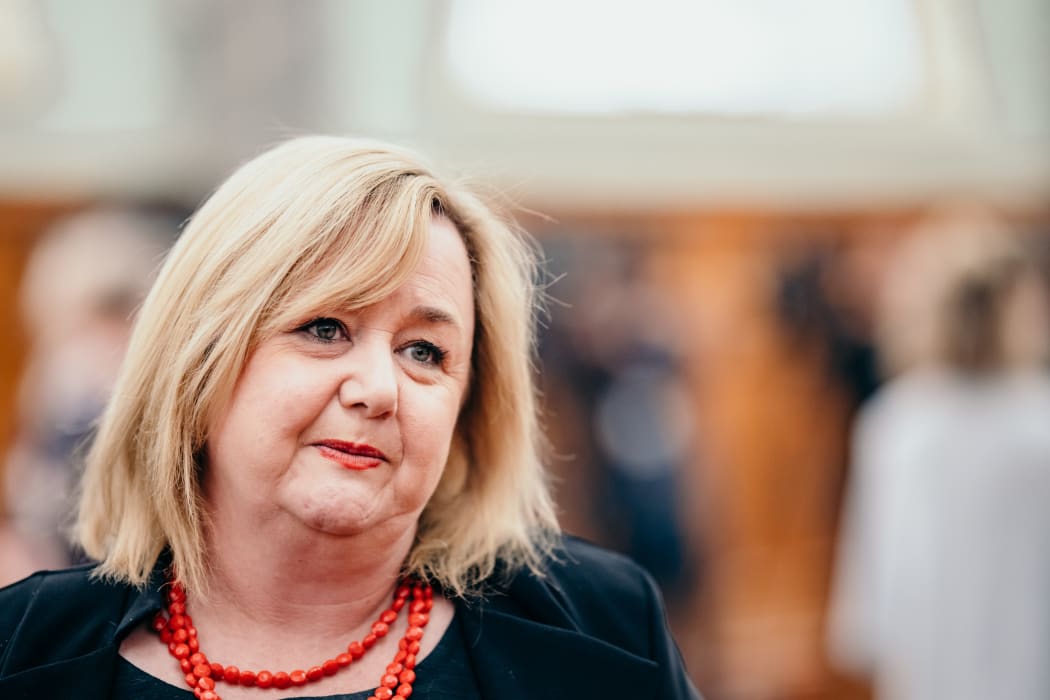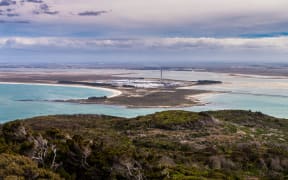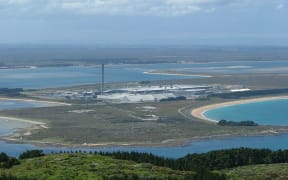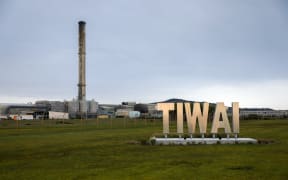Clean energy industries are at the core of a new government plan for how Southland will cope with Tiwai Point aluminium smelter shutting down.

Minister of Energy and Resources Megan Woods Photo: RNZ / Dom Thomas
Release of the plan was delayed for several months but Minister of Energy and Resources Megan Woods said efforts to move Southland away from reliance on the smelter were not going too slowly.
"We're already seeing some of those opportunities being realised, with that 43 hectares of land outside Invercargill already being purchased for over a billion dollars investment in the data-grid project," Woods told RNZ.
The 28-page plan outlined the work streams but plans for the actions required to deliver on its goals had a deadline of August 2022, Woods said.
Today's plan said the key was "making sure new jobs and industries provide well paid, secure, safe work".
It was part of what had been dubbed a "Just Transitions" programme led by the Ministry of Business, Innovation and Employment to move towards a low emissions economy.
Southland was a key region, as was Taranaki and Northland, where fossil-fuel energy industries were in flux.
The Southland plan release came after a year of consultation with iwi and the community, and 18 months after New Zealand Aluminium Smelters said it would shut its plant with a loss of hundreds of jobs and hundreds of millions of dollars from the regional economy.
Government officials recently suggested the smelter could stay open beyond late 2024 if aluminium prices stayed high.
Woods had heard these suggestions but said that the smelter itself had not told the government if it might delay closing.
"But look, Southland's been in this position before with the 'will they, won't they?'," she said.
"Regardless of any decisions that the smelter make, it is important and our responsibility as the government to make sure we're backing Southlanders to put them in the driving seat so that they can plan for their future."
The government was putting $2.7 million into the region's transition work.




